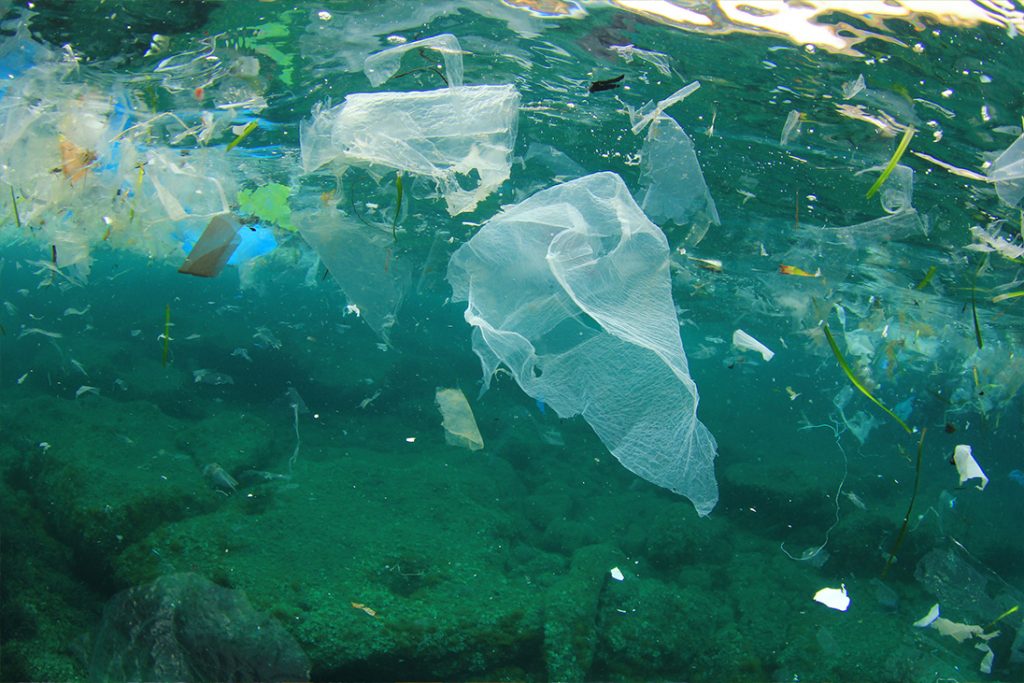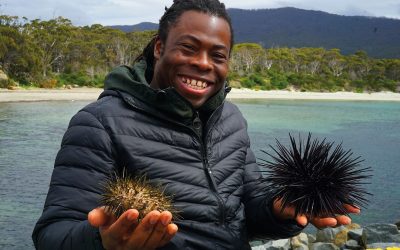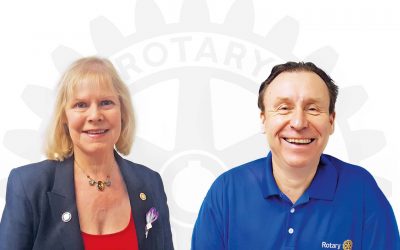Earlier this year, the environment became Rotary’s seventh and newest area of focus.
And yet Rotarians have been caring for the environment for many years by protecting natural resources, strengthening conservation efforts, and building healthy connections between human communities and their surrounding environments.
Listen to this article
USA
A network of Rotary clubs from the United States’ Midwest are saving pollinating monarch butterflies from extinction by working with hundreds of schools, companies, and agencies to plant pollinator gardens along the butterflies’ migration route.
AUSTRALIA
There is the Rotaractor oceanographer from Australia who is combining technology and crowdsourcing to reduce plastics in our oceans and 10 largest rivers.
MADAGASCAR
The Rotary Clubs of Antananarivo Tsimbaroa, Madagascar; Torino Mole Antonelliana, Italy; and Annecy Tournette, France, partnered with a local non-profit on a project to reforest about 125 acres in the Maromizaha forest. They are doing so with native species grown from wild seed, creating jobs for families in the area and a tourism infrastructure. Rotarians also trained women in gardening techniques and made improvements to basic services to reduce the families’ dependence on charcoal.


There is the Rotaractor oceanographer from Australia who is combining technology and crowdsourcing to reduce plastics in our oceans and 10 largest rivers.
GERMANY & AROUND THE WORLD
The Rotaract Club of Nürtingen, Germany, established a project, Treety of Generations, to motivate clubs around the world to plant trees in cleared areas. They partnered with the Rotaract Club Cumbayá, Ecuador, and Club MOP Vaishnav, India, using social media to promote the project. Volunteers in many time zones planted more than 1,500 trees.
HAITI
The Rotary clubs of Leogane, Haiti, and Parker, Colorado, USA, led a global grant project to install a hybrid solar, diesel, and grid power system in Gressier, Haiti, near the Respire Haiti Christian School. The school saved $4,000 a year in fuel costs and reduced air and noise pollution. The hybrid system also powers interior and exterior lighting, computers, fans, and educational tools. A new water distribution system, which uses the hybrid power was also part of the grant.
TAIWAN
Forty people from Meihua village, Taiwan, were trained in organic farming techniques through a global grant project of the Rotary Clubs of Taipei Lungmen, Taiwan, and Patumwan, Thailand. The effort, carried out in partnership with the Organic Farming Association of Taiwan, included creating a training facility and providing internships at organic farms. Organisers expect that growing without pesticides will lower farming costs, as selling organic vegetables at a premium price will improve villagers’ earnings, while steering consumers to more ecological options.


























































